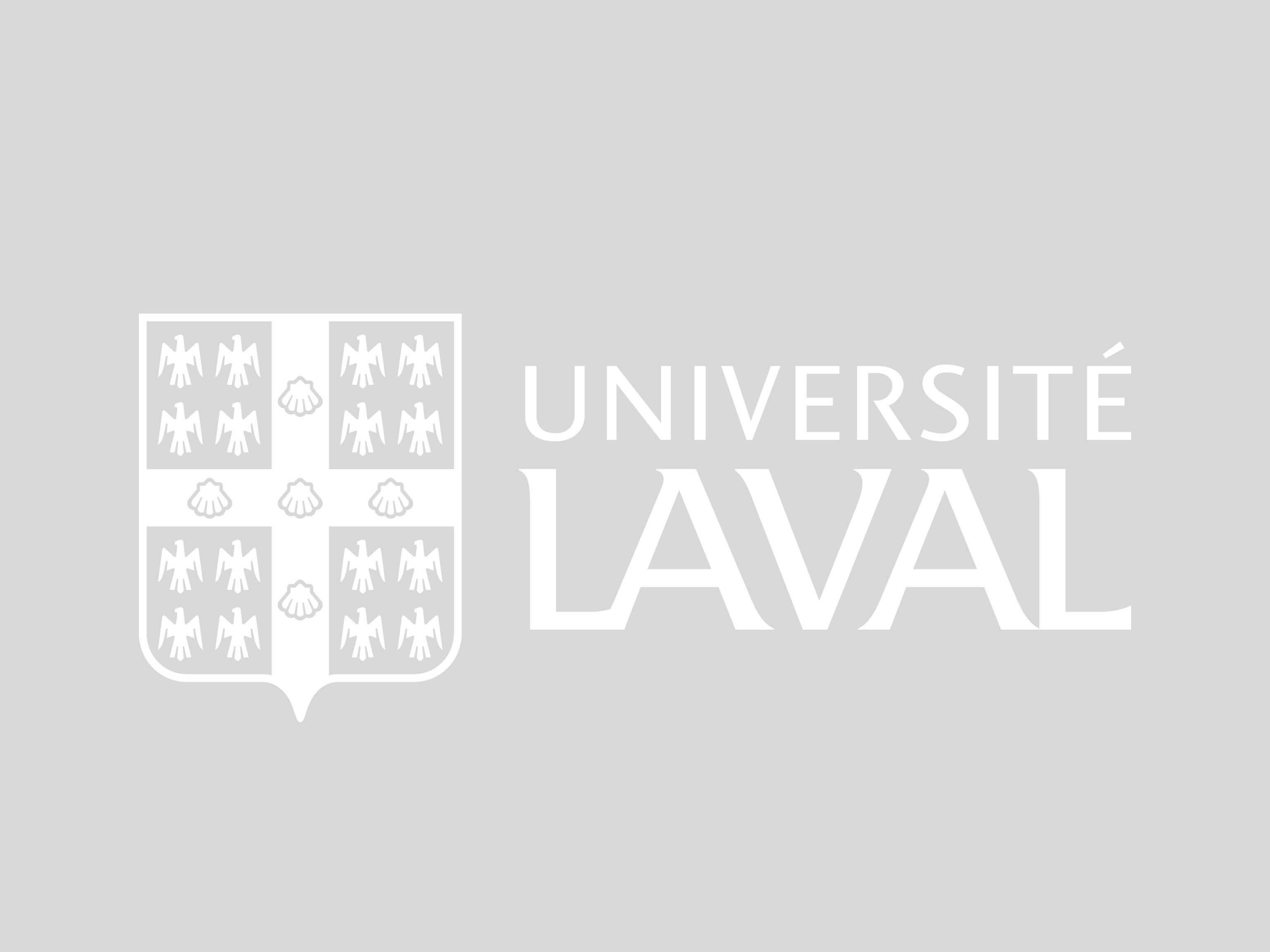The decision to pause the trial is based on an initial analysis of all trial patients requiring intensive care unit support. This analysis showed that convalescent plasma did not improve outcomes in these critically ill patients. There was no evidence of harm associated with the administration of convalescent plasma. The trial will continue to recruit hospitalised COVID-19 patients who are moderately unwell and are not requiring mechanical ventilation in the intensive care unit.
“We observed no effect of convalescent plasma in COVID-19 critically ill patients, those admitted in our intensive care unit with the more severe illness and the greatest risk of death,” said Dr. Alexis Turgeon. “In these patients under mechanical ventilation, half received convalescent plasma during their ICU stay and the other half did not, in a random manner. These preliminary findings highlight the importance of appropriately studying intervention to treat COVID-19 patients within large-scale clinical trials like REMAP-CAP before these interventions are implemented as a standard of care, despite the temptation to do so considering the burden of the pandemic on our populations and health care systems,” he added.
This preliminary analysis was performed by the trial’s independent oversight board based on 912 patients who were severely ill and had outcome data available. The analysis showed that overall convalescent plasma was unlikely to be beneficial.
This initial analysis did not examine the effect of convalescent plasma in moderately ill patients. Whether the use of convalescent plasma leads to better outcomes in hospitalised patients with less severe disease remains a very important question. Recruitment of such patients will continue in the trial.
“As we cannot conclude on the effect of convalescent plasma in moderately ill COVID-19 hospitalized patients, those requiring low dose supplemental oxygen and not on mechanical ventilation, we continue enrolment in the trial for this patient population at the recommendation of the independent board that monitors the trial,” said Dr. Zarychanski, the Lyonel G Israels associate professor of medicine at the University of Manitoba, a hematologist and critical care physician. “It is entirely plausible that less severely ill patients who are treated earlier in their course of infection may benefit from convalescent plasma. The trial will continue until we have an answer in this patient population,” added Zarychanski.
Convalescent plasma, a blood component containing antibodies against the SARS-CoV-2 virus, is obtained from people who have recovered from COVID-19. The underlying hypothesis is that these antibodies neutralize the virus, prevent further replication and halt ongoing tissue damage.
“We want to thank all the clinical and research staff, convalescent plasma donors, patients and their families and blood services around the world, in particular Héma-Québec and Canadian Blood Services in Canada, who have been involved in the REMAP-CAP trial. It has truly been a global effort. We are looking forward to seeing the final results,” said Dr. Turgeon.
The trial, which spans three continents, has the goal of assessing the benefit of convalescent plasma to treat moderately ill hospitalised or severely ill adults requiring intensive care unit support for COVID-19, compared to standard care in these patients. To meet the challenge of this pandemic, investigators worldwide joined forces to answer this question.
REMAP-CAP is supported by multiple international funding organisations including the Canadian Institutes of Health Research, the Australian National Health and Medical Research Council, the Health Research Council of New Zealand, the National Institute for Health Research (UK), the National Institutes of Health (US) and the PREPARE and RECOVERY consortia (EU). This trial is possible in Canada with the partnership of Héma-Québec and the Canadian Blood Services.
About REMAP-CAP
REMAP-CAP (The Randomized Embedded Multifactorial Adaptive Platform for Community Acquired Pneumonia) is an ongoing adaptive clinical trial already involving more than 4100 COVID-19 patients at more than 290 clinical sites around the world. REMAP-CAP continues to evaluate multiple other study questions, in addition to convalescent plasma, including therapeutic anticoagulation, antiplatelet agents, apremilast, eritoran, vitamin C, simvastatin, macrolides, and antibiotics.
About CHU de Québec-Université Laval and Centre de recherche du CHU de Québec-Université Laval
Bringing together the CHUL, Hôtel-Dieu de Québec, Hôpital de L’Enfant-Jésus, Hôpital du Saint-Sacrement and Hôpital Saint-François d'Assise, the CHU de Québec-Université Laval is the most important academic health care center in Québec and one of the largest in Canada. Providing general and specialized care, but especially sub specialized, the CHU de Québec-Université Laval serves the population of eastern Québec, a pool of nearly two million people. Closely linked to Université Laval and oriented towards the future, it also has a mission of teaching, research in many fields of excellence and evaluation of technologies and modes of intervention in health. The CHU de Québec-Université Laval has nearly 12,000 employees, 1,475 physicians, dentists and pharmacists, and 350 volunteers. Its research center gathers 669 researchers, 1509 employees, as well as 1088 students (www.crchudequebec.ulaval.ca). With nearly $113 M in research funding, the Centre de recherche du CHU de Québec-Université Laval is the largest French-language health research center in North America and ranks ninth in Canada according to Canada’s Top 40 Research Hospitals 2018. It has also been rated “Exceptional “by the Fonds de recherche du Québec – Santé (FRQS) following its most recent evaluation, in 2018. www.chudequebec.ca
About Université Laval
Driven by innovation and the pursuit of excellence, Université Laval is one of Canada's leading research universities, ranking 7th with $401 million in research funding last year. A leader in distance education, it boasts more than 1,600 professors as well as 2,500 lecturers and other academic and research staff who share their knowledge with over 43,000 students, 25% of whom are enrolled in graduate studies. The university values diversity and is proud of the members of its community, who come from 120 countries. The oldest francophone university in North America, Université Laval has so far trained more than 312,000 people who each contribute in their own way to the advancement of society. www.ulaval.ca
For information and interviews:
Direction adjointe des communications
CHU de Québec-Université Laval
418-525-4387
relationsmedias@chudequebec.ca


